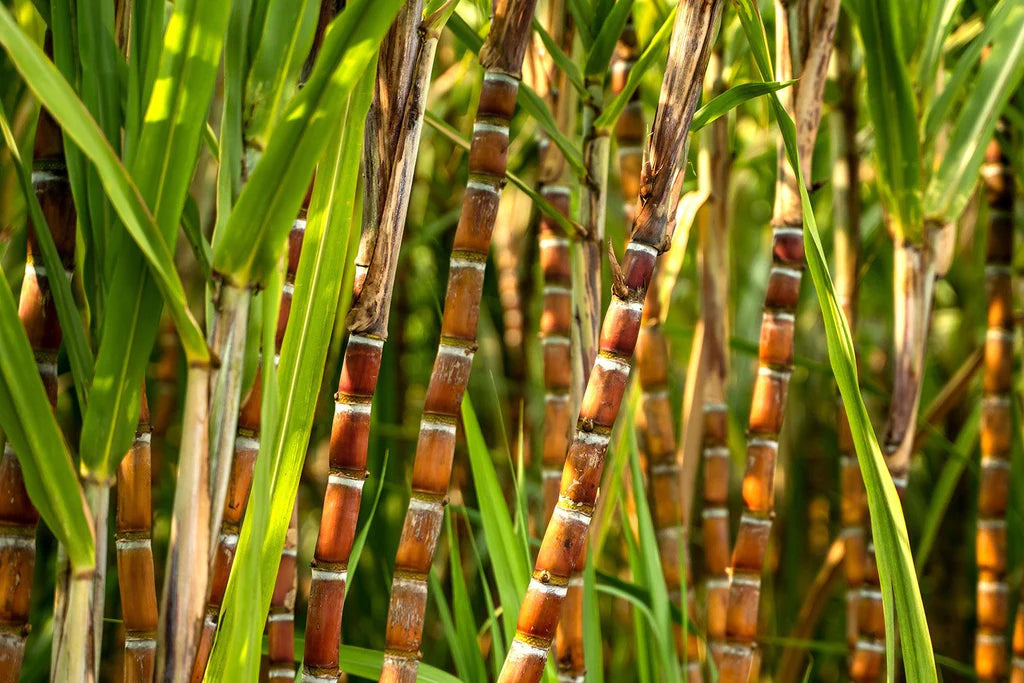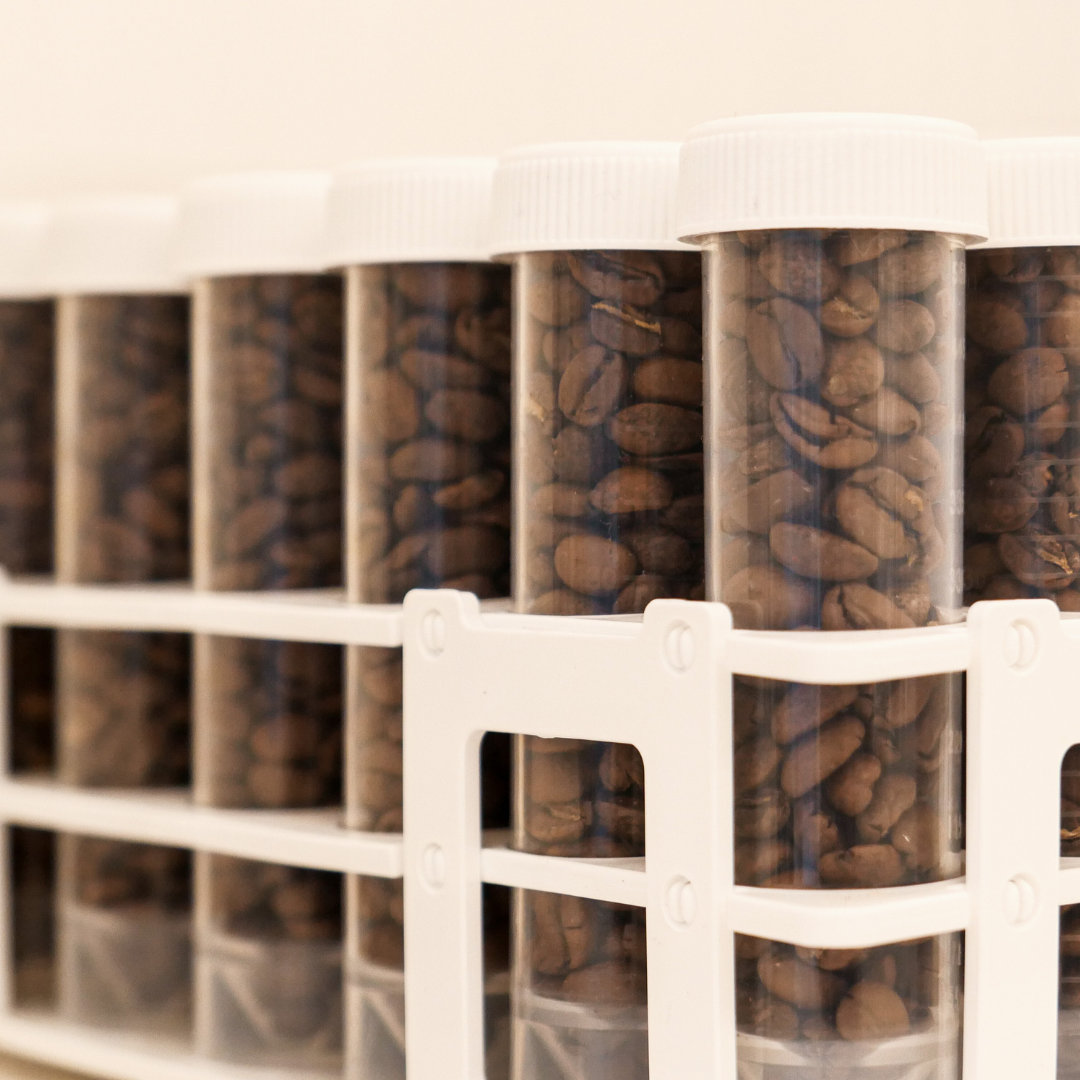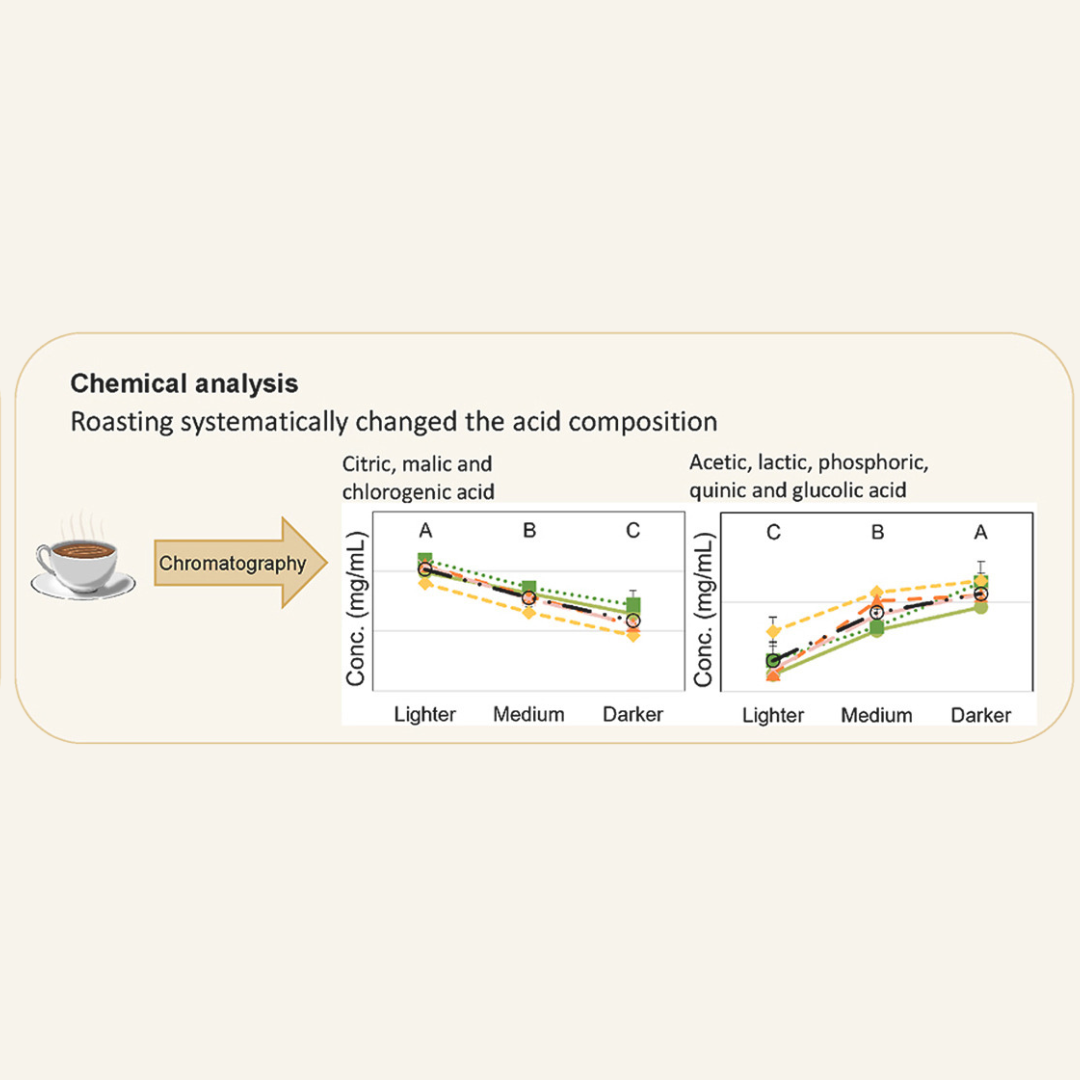Decaf coffee has been a popular choice for coffee lovers who prefer to limit their caffeine intake or enjoy a cup of coffee later in the day without disrupting their sleep. Have you ever wondered how coffee is decaffeinated?
The process of decaffeinating coffee has an interesting history. It was discovered by a German merchant named Ludwig Roselius, who accidentally soaked a shipment of coffee in seawater. He found that the caffeine had been stripped away, but the taste was not good. This incident inspired him to explore ways to decaffeinate coffee without sacrificing its flavour. His company, Kaffee HAG, became the first to produce instant decaffeinated coffee, which was sold under the brand name Sanka.
Initially, decaf coffee was produced using chemicals such as benzene to remove caffeine, but these chemicals can change coffee's flavour and negatively affect health. This led to exploring alternative methods to decaffeinate coffee, one of which is the sugarcane process.

The sugarcane process uses ethyl acetate (EA) to decaffeinate coffee. EA is a natural compound from cane sugar found in fruits and other foods. Coffee beans are delivered in green, unroasted, and steamed for 30 minutes. The steaming process is low-pressure, which opens up the pores of the coffee and allows for the extraction of caffeine.
Next, the coffee is submerged into an EA solution for a specific amount of time, during which the EA bonds to the chlorogenic acid and separates the caffeine from the rest of the coffee bean. This process continues for about eight hours or until the coffee has been sufficiently decaffeinated. Once all the caffeine is removed, the beans are prepped to be steamed again, removing all traces of EA.
The sugarcane process has become a popular method for decaffeination because the EA used is derived from sugar cane and does not sacrifice the flavour of the coffee. The coffee still showcases the hard work of producers, making it a product that coffee roasters and cafes are proud to offer to their customers.
In summary, the sugarcane process is a more natural and safer method for decaffeinating coffee than chemical processes. It maintains coffee's flavour and quality while ensuring minimal caffeine levels.



